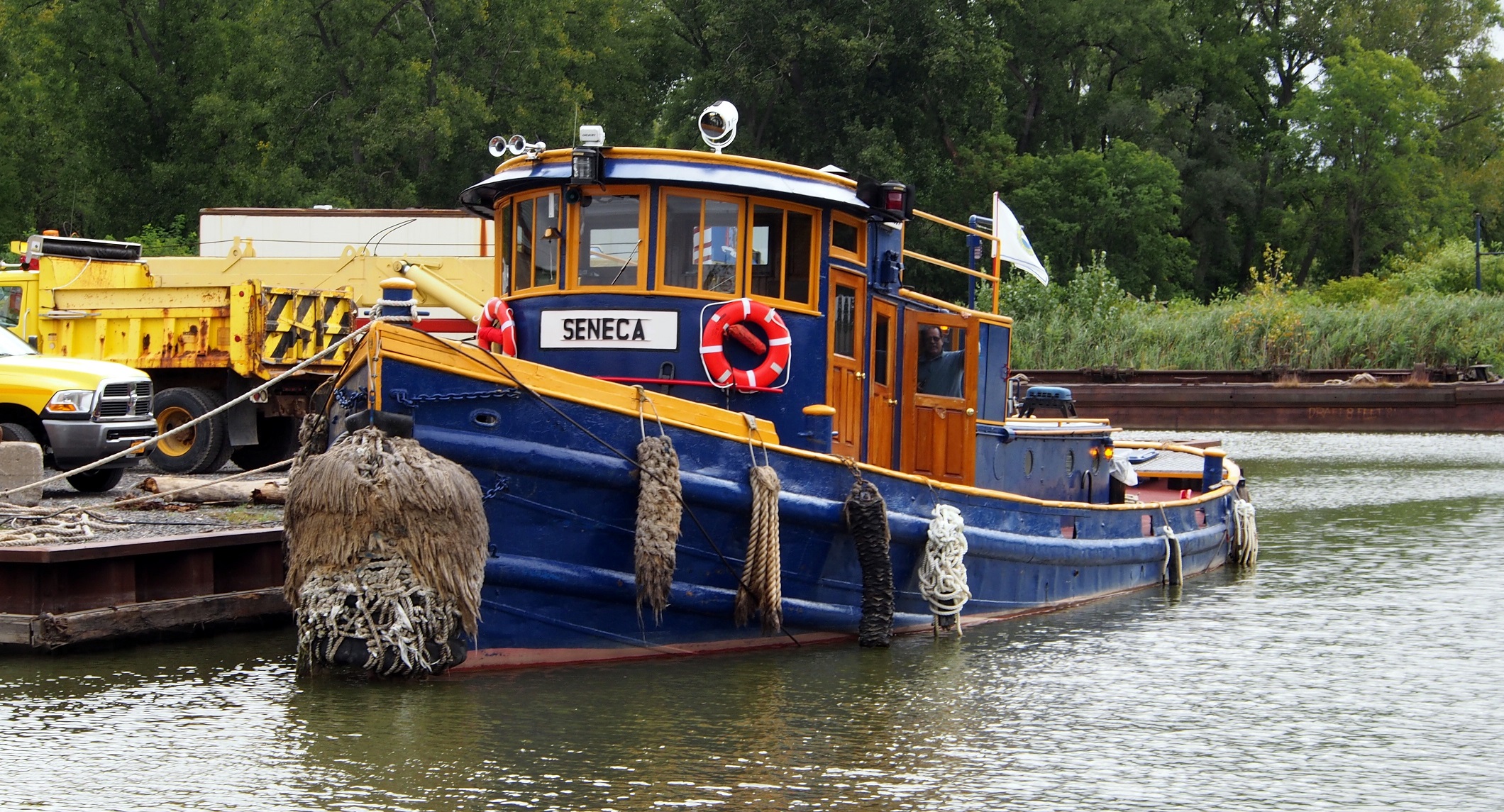twistedtree
Guru
There is another thread going about the performance of hybrid boats, and what's realistic to expect. This poll is to see how many people would find the electric performance of a hybrid acceptable.
The entire idea of a hybrid for a trawler baffles me. Now if you could show me something that used a diesel/electric drive to some effeciency advantage I'd at least pay attention but I am guessing the complexity would be a big strike against that idea too.
The entire electric/hybrid idea appears to be more of a "feel good" thing than anything real at this stage...
Bruce

And where would be the pleasure without the smell of diesel in the early morning
Gosh, looks like nobody cares enough to even answer the poll.
" This form of Hybrid seamed like a good idea to me."
For similar bucks you could get a Hydraulic get home shaft power ,
a Hyd windlass , a Hyd thruster ,a Hyd boat hoist and a Hyd stern winch .
The white smoke NEVER comes out of Hyd goodies.

If I could have a 6 knot trawler with a 50 mile battery range, I would be interested. To me, a 30 to 40 mile cruise day followed by a 12 hour dock side recharge, has lots of appeal. Would imagine having a generator to provide some backup. Clearly the batteries don't exist to make this feasible.
Ted
The entire electric/hybrid idea appears to be more of a "feel good" thing than anything real at this stage...
Bruce

Making math easy lets say 50hp to go 5kt so ten hours run time to get you 50 nm away. Here's my math.
assume 60% efficiency.
50hp = 37KW.
* 10 hours run time
370,000 W/h @ 100% efficiency - ouch.
Common Lead acid golf cart batteries @ 10 hr rate:
1242 W/h per battery.
Putting back in 60% efficiency - A whopping 500 batteries. (about $80K and 15 tons in batteries alone..).. and lithium is not cheaper in terms of lifetime W/h - just smaller and weighs less
PS: Diesel has an energy density of 33MJ/L. Lead acid battery = 0.56. Lithium Ion ~2. So making something 4X as efficient as the internal combustion engine does not solve this fundamental problem.
Secondly, I wouldn't be using golf cart batteries. Industrial forklift batteties are much more energy for the same weight and space. I wouldn't be surprised if a large forklift battery would do the job. In an industrial plant, these trucks are designed to run 8 hours continously, battery recharged in 8 hours and then the battery cools for 8 hours. These lifts are using more than 20 HP.
Ted
By no means an exhaustive survey.
I found a 48V 340A-h el forklift battery at 1180 lbs.
That''s 13.8W-h/lb. at 8 hour dis. rate.
My first golf cart came up as 6V 215 A-h and 60 lbs.
That's 1.29 kW-h and 21.5W-h/lb. but at a 20 hour disch rate, so really lower to compare with a 8 hour rate.
So far the golf cart wins. I think the fork battery was in a steel case, though.
All electric-drive may be feasible for light-duty land transportation in future decades (although don't see it for heavy road transport), don't see its practicality for boats/ships and airplanes.
All electric-drive may be feasible for light-duty land transportation in future decades (although don't see it for heavy road transport), don't see its practicality for boats/ships and airplanes.
All electric-drive may be feasible for light-duty land transportation in future decades (although don't see it for heavy road transport), don't see its practicality for boats/ships and airplanes.
